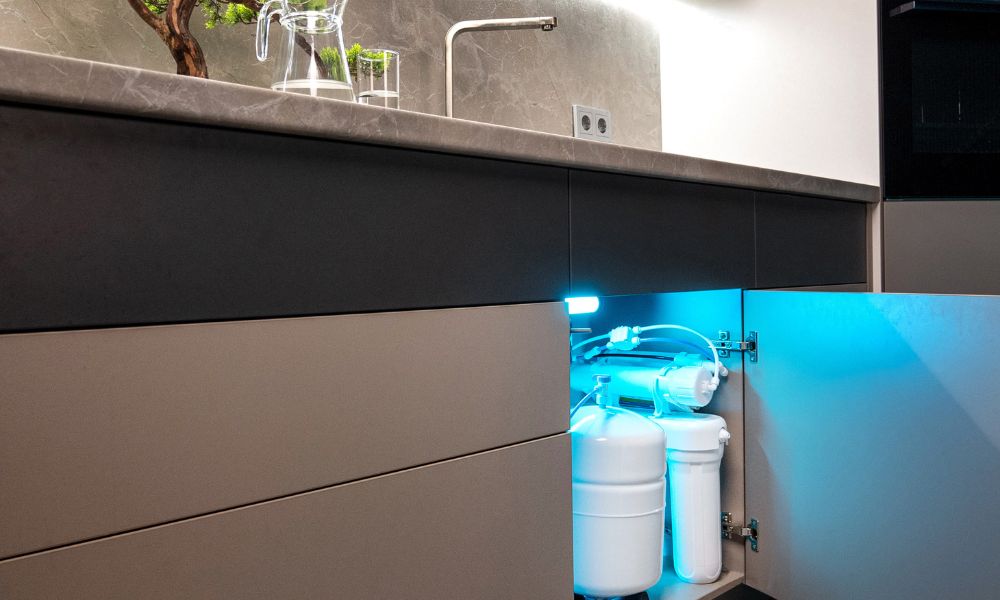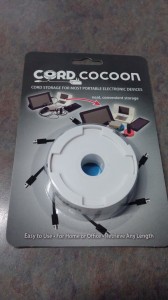Choosing the Best Well Water Filtration System

When looking for the best well water filtration system, there are a few things to consider, such as the contaminants the system will filter out, filter size, flow rate, and filter type. These considerations can assist you in selecting the best water filtration system for your home. Here are the top things to consider when choosing the best well water filtration system.
Water Contaminants
For safe drinking water, different filtration technologies filter out different impurities. Heavy metals are filtered out by some filtration systems, while microbes are filtered out by others. This is why, before investing in a well water filtering system for your home, you must first determine what toxins you’re dealing with. With some contaminants, you may need to invest in different water filtration methods. Common contaminants in well water include the following:
- Microorganisms. Bacteria in well water, such as coliform bacteria and E. coli, are common. Most exist at levels that aren’t harmful, but some homes have higher levels that will benefit from filtration, as higher levels of bacteria can lead to disease and even death.
- Nitrate. Nitrate can naturally contaminate well water and doesn’t normally pose an issue, but high levels can be a concern. Consuming too much nitrate can cause headaches, nausea, and even an increased risk of cancer.
- Heavy metals. These can include copper, lead, cadmium, arsenic, and chromium. While trace amounts of these metals are generally not harmful, significant amounts of heavy metals can pose health threats, such as an increased risk of cancer, especially if consumed over time.
Filter Size
Filter sizes vary depending on the water filtration system. The size of the system determines where it may be installed in the home, such as under the sink, and how much water it can filter at one time. Some systems stand taller than 50 inches, while others stand shorter than 30 inches. The size of the filter also impacts how many gallons of water it can purify before needing to be replaced. Some manufacturers also mention a filter replacement time limit.
Advantages of a Built-In Water Softener
A built-in water softener is available in some whole-house water purification systems. This is suitable for hard water households. Hard water has a high mineral content, particularly calcium and magnesium, which can cause damage to appliances and water pipes over time. To soften water, filtration systems might use a salt-based or salt-free mechanism. Salt-free methods of water conditioning are generally used in well water filtration systems with built-in water softeners. They don’t truly demineralize the water; instead, they “soften” it to prevent mineral buildup.
We hope you have enjoyed our recap of what to consider when choosing the best well water filtration system. Be sure to invest in a great water filter to continue to enjoy clean and pure water.




